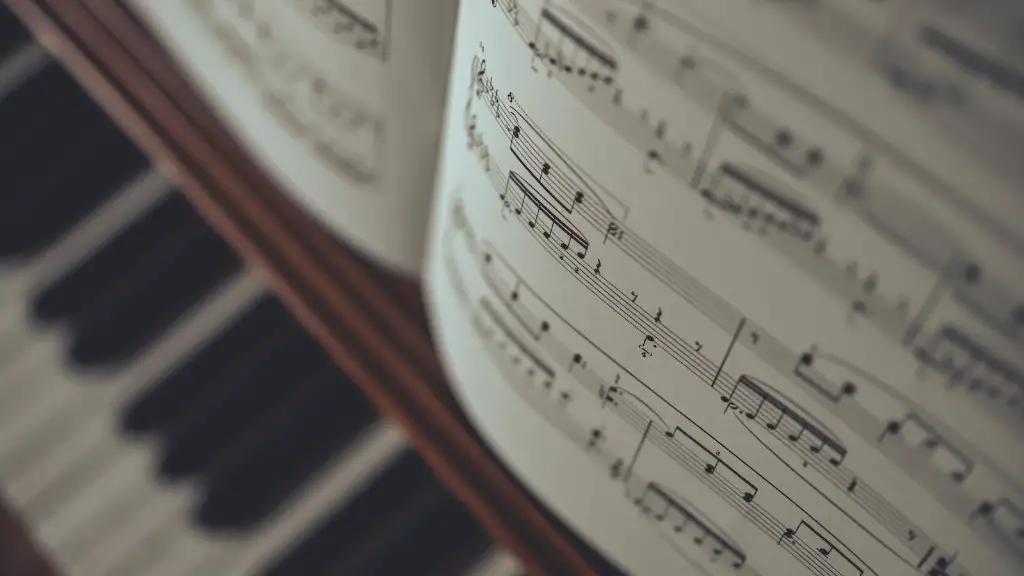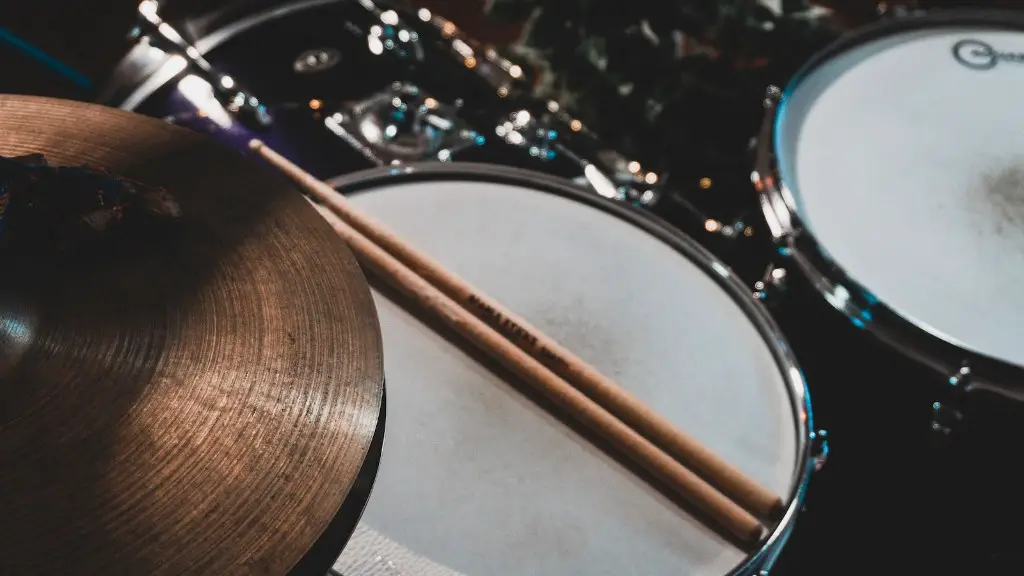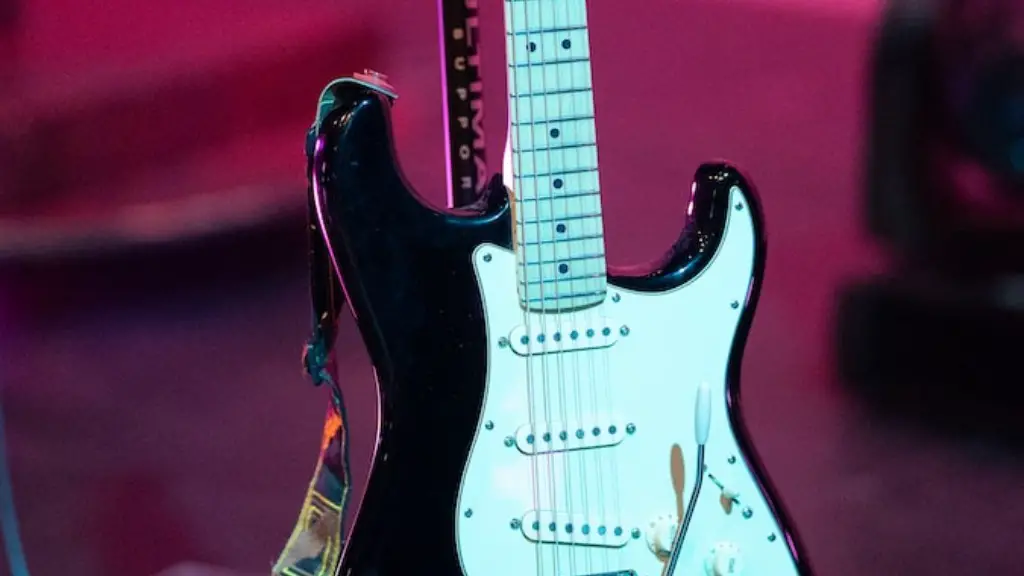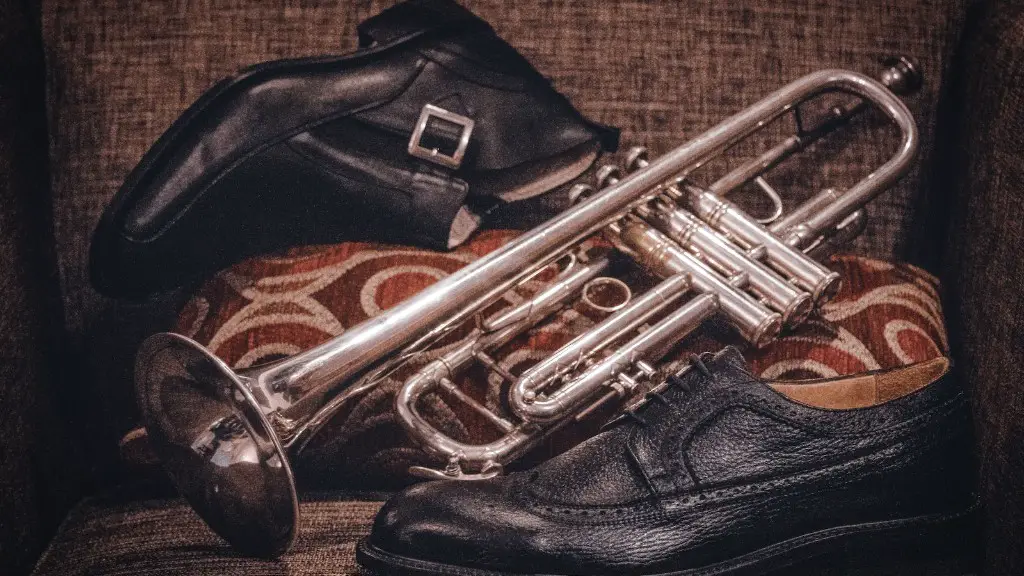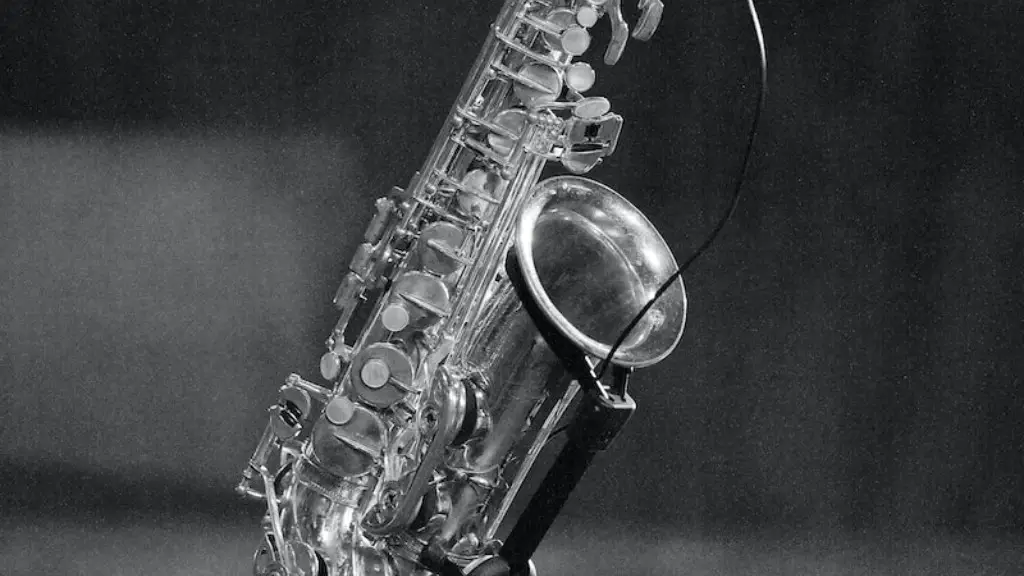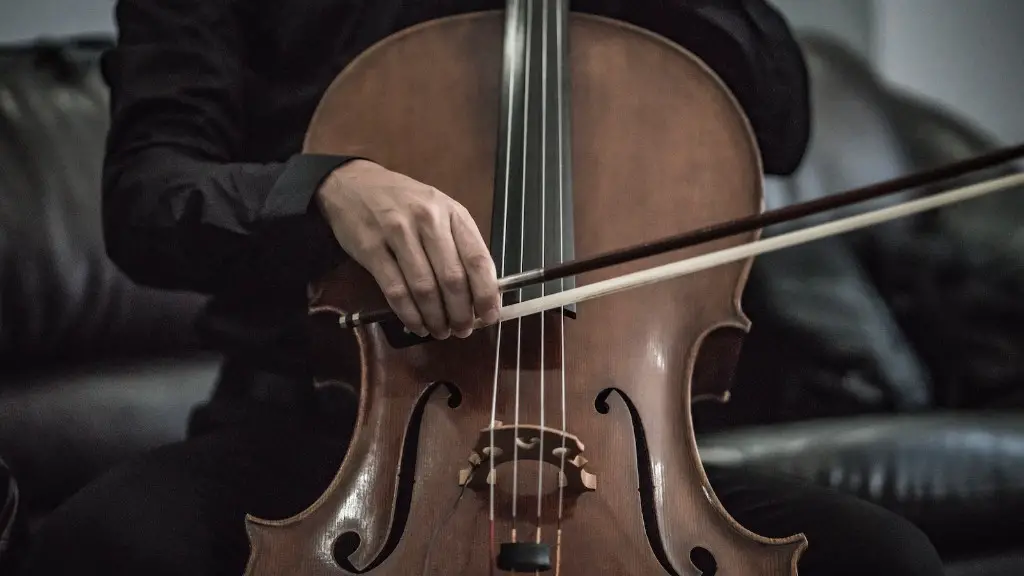Playing the piano fast is an important skill for any musician. It can be intimidating to learn how to play fast, but with practice and dedication it is possible to become a proficient player.
The first step in learning how to play piano fast is to understand the basics of playing the instrument. This includes understanding the note names, basic chords, and scales. Once you have a good grasp on these concepts, you can begin practicing playing faster.
It is important to practice regularly in order to improve your speed and accuracy. Start by playing simple pieces at a slow tempo, then gradually increase the speed as you get more comfortable with the piece. Try breaking down difficult passages into smaller sections so that you can focus on mastering each section individually. Additionally, use a metronome or other timing device to help keep track of your progress.
In order to play piano fast, it is also important to develop good technique. This includes proper posture and fingering techniques that will help you move quickly and accurately across the keys. With regular practice and dedication, you can master any piece of music.
Practice Regularly to Play Piano Fast
Playing the piano fast is an important skill for any musician. By practicing regularly, you can develop the technique and speed needed to play your favorite songs quickly and accurately. To get started, create a practice schedule that includes specific times each day for practicing. Make sure to set realistic goals and stick to them. You should also break up long practice sessions into smaller chunks of time so that you don’t get too overwhelmed or frustrated.
When practicing, start slow and gradually increase your speed as you become more comfortable with the song. Take breaks if you need them and be sure to focus on accuracy rather than speed when first learning a new song. It’s also important to listen carefully while playing and make sure that all of the notes are correct. As you become more familiar with the song, increase your playing speed until you can play it quickly and accurately.
Finally, be sure to record yourself playing so that you can review your technique and make adjustments as necessary. With regular practice, you will soon find yourself able to play faster than ever before!
Familiarize Yourself with the Piano
Learning how to play piano fast is a skill that requires dedication and practice. To be successful, you need to become familiar with the instrument. Start by getting to know the keyboard and its layout; familiarize yourself with the notes, chords and scales. Become comfortable playing basic melodies and harmonies. As you continue to practice, increase your speed little by little until you can play at a faster tempo.
It’s also important to know how to read sheet music or tablature notation so that you can easily learn new pieces of music. To do this, break down each piece into small manageable sections. Spend time focusing on each section until you feel comfortable moving on to the next one. Once you can play through an entire piece from start to finish, begin working on increasing your speed.
One of the best ways to improve your playing speed is to work on technique. Use exercises such as scales and arpeggios so that your hands become accustomed to executing passages quickly and accurately. By consistently building up your technique and focusing on accuracy, you will eventually be able to play pieces at a faster tempo without sacrificing quality of sound.
Finally, don’t forget about memorization! Being able to play without having to constantly look down at the keys will help increase your speed drastically as well as giving you more confidence when performing in front of an audience or recording in a studio setting.
Use the Right Techniques
Playing the piano fast requires a combination of practice, technique and skill. The most important technique for playing the piano fast is to use finger independence. This involves training your fingers to move independently and in different directions at different speeds. You should also use the proper fingering for each note and chord so that you can play faster. It is also important to practice with a metronome to help train your fingers to play at a specific tempo. Additionally, learning scales and chords can help you become more familiar with the piano and be able to quickly find notes on the keyboard when playing fast. Finally, it is important to have good posture while playing so that you can move your hands quickly and accurately.
By practicing consistently, using finger independence, proper fingering, a metronome, scales and chords, and good posture while playing, you will be able to learn how to play the piano faster. With dedication and hard work, anyone can learn how to play the piano fast!
Learn Chords and Scales (How To Play Piano Fast)
Playing the piano can be a difficult but rewarding task. Knowing how to play chords and scales is essential for playing piano fast and accurately. Chords are combinations of notes that, when played together, create a harmonic sound. Scales are sequences of notes that follow a specific pattern of intervals.
Learning chords and scales can help any pianist improve their technique and musicality. To get started, it is important to understand the basics of music theory, such as intervals, chords, and scales. Once you have this knowledge, you can start practicing basic chords and scales on the piano. Practicing regularly with patience will help you become comfortable with them so you can incorporate them into your playing.
It is also important to understand how chords and scales work together in music. This will help you create interesting chord progressions and melodies that will make your playing more exciting. Additionally, understanding key signatures will help you easily navigate different sections of a song or piece of music without having to look up every note or chord.
Overall, learning chords and scales on the piano requires time, practice, and dedication but with enough effort it can be done! Becoming familiar with these concepts will open up new possibilities in your playing so you can create beautiful pieces of music for everyone to enjoy!
Find Your Own Style of Playing Piano Fast
Developing your own style of playing piano fast can help you stand out and become a more confident musician. It’s important to understand the fundamentals of playing the piano first, such as scales, chords and arpeggios. Once you have these basics down, it’s time to explore different techniques and develop your own style.
One way to do this is to practice improvisation. Improvisation is an important skill in any genre of music, so it’s best to start early. Learning scales or melodies by ear can also help you build your own style by allowing you to create something unique from what you hear.
Another great way to develop your own style is by experimenting with different rhythms and tempos. Listen to different genres of music and try playing along with them at various speeds. This will help you understand how different rhythms work together as well as give you ideas for creating your own rhythms and patterns.
Finally, make sure to take some time each day to practice your technique and build upon it. The more you practice, the more musical ideas you’ll come up with that will eventually become part of your unique style of playing the piano quickly. With dedication and hard work, soon enough you’ll find yourself mastering the art of playing fast!
Reduce Finger Mistakes When Playing Piano Fast
Playing the piano fast can be a daunting task, especially when you’re trying to make sure your fingers don’t make any mistakes. To reduce finger mistakes, it’s important to practice regularly and focus on building up speed gradually. Start by playing simple scales and exercises slowly and gradually increase the tempo. It’s also important to ensure that your hands are relaxed and your fingers are properly positioned on the keys. It’s also helpful to use a metronome to keep time as you practice.
Another way to reduce finger mistakes is to focus on accuracy first, then speed later. Slow down difficult passages until you can play them accurately before gradually increasing the tempo for full mastery of the piece. Practicing with a teacher or coach can help you develop good technique, so take advantage of their experience and guidance if possible.
Finally, don’t be too hard on yourself if you make mistakes while playing fast. Everyone makes mistakes occasionally, so just focus on making corrections and improving your technique instead of berating yourself for every mistake. With practice and dedication, you’ll soon be able to play faster and with fewer mistakes!
Closing Words
Playing the piano fast requires a combination of physical and mental training. You must learn proper technique and muscle memory, as well as practice regularly to build up your speed. You should also work on your sight-reading skills, so that you can play pieces faster without having to stop and think about them. Finally, don’t forget to have fun while you’re learning to play the piano quickly; it’s a great way to improve your overall musicianship.
With dedication and patience, you can become a fast and skilled pianist. Good luck!
